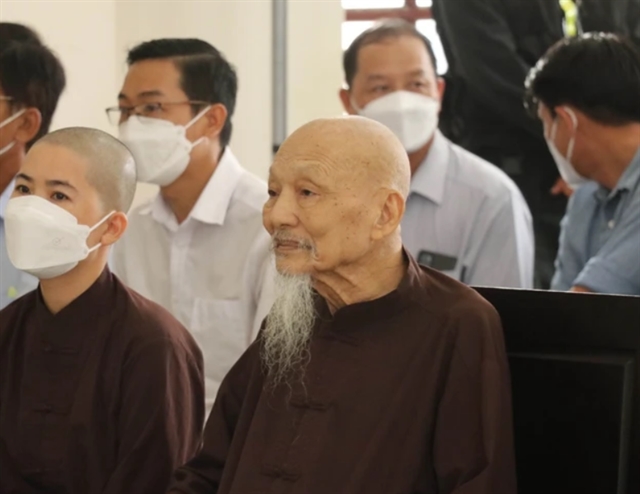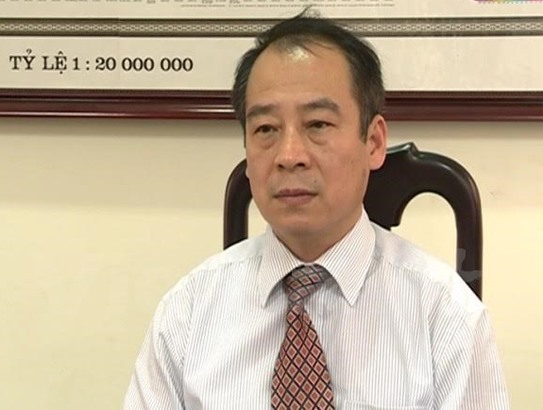 Society
Society

Associate Professor Trần Đắc Phu, director general of the Department of Preventive Medicine, under the Ministry of health speaks to Viêt Nam News Agency about his department’s readiness to cope with any emergency díeases
 |
Associate Professor Trần Đắc Phu, director general of the Department of Preventive Medicine, under the Ministry of health speaks to Viêt Nam News Agency about his department’s readiness to cope with disease outbreaks.
What did Việt Nam have to contend with in 2016, in terms of epidemics?
Globally, epidemics have become very difficult to tackle. Some serious diseases like Ebola and MERS-Cov, which have been devastating in countries in Western Africa and the Middle East over the last few years have recently staged a comeback.
Meanwhile, many cases of Avian Influenza - H5N1 and Avian Influenza A are still being reported in European countries and elsewhere. Even our next door neighbor, China, has detected the AH7N9 virus. Then there was the outbreak of the Zika virus in 2016, that led to the birth of children with smaller heads.
At a time when our international exchanges are increasing, we cannot say that Việt Nam is safe from epidemics elsewhere. An epidemic can spread from one country to another within 24 hours.
We all know that the Zika epidemic was caused by Aedes mosquito bites. And we live in a tropical country with favorable climate for the Aedes aegypti mosquitoes to breed, this is the type of mosquitoes that cause dengue fever. So we have to take precautions against the spread of the Zika virus here.
Does the Zika virus pose a major threat to Việt Nam in 2017?
In the last few months, many cases of Zika virus infections have been seen in several southern provinces, including Hồ Chí Minh City. It is reported that by now over 200 cases have been diagnosed in HCM City.
Based on this, we anticipate that the number of Zika infections will increase in term of both localities and patients. The strong circulation of the virus may lead to an epidemic like that of dengue fever.
However, we should not be frightened about it as it does not cause fatalities. We are worried that pregnant women infected with the virus may give birth to babies with smaller heads.
So what do we have to prepare for this year?
I should say that in 2016, we did quite well in curbing some epidemic diseases right at their onset, though good surveillance, epidemic control measures and mobilization of the whole society to get involved.
In 2017, we are anticipating that new diseases may occur in the world, including Việt Nam, particularly diseases relating to the mutation of microorganisms. Besides, we’re also worried about the lifecycle of certain types of diseases, including influenza.
In recent years, quite a few diseases that have only appeared in animals earlier have been detected in human beings. The key reason is that contact between humans and animals have become more frequent nowadays.
Last but not least, some of the deadly diseases covered in universal immunization programmes that had been thought eliminated some years ago have surfaced again. This is an alarming sign for the health sector, which has to exert all efforts to ensure all children get all the immunisation shots needed.
What are the activities planned by the health sector for this year?
We will draw up various scenarios for dealing with any emergencies that might occur, including outbreaks.
We will step up surveillance activities, including sentinel surveillance. Many plans have already been developed for each type of disease that might strike. In addition, we will also pay attention to logistical work, ensuring that we have enough chemicals, human resources and other materials, as also skilled people, to deal with any emergency cases.
We will also establish mobile teams that can respond to emergencies in all localities._VNS









